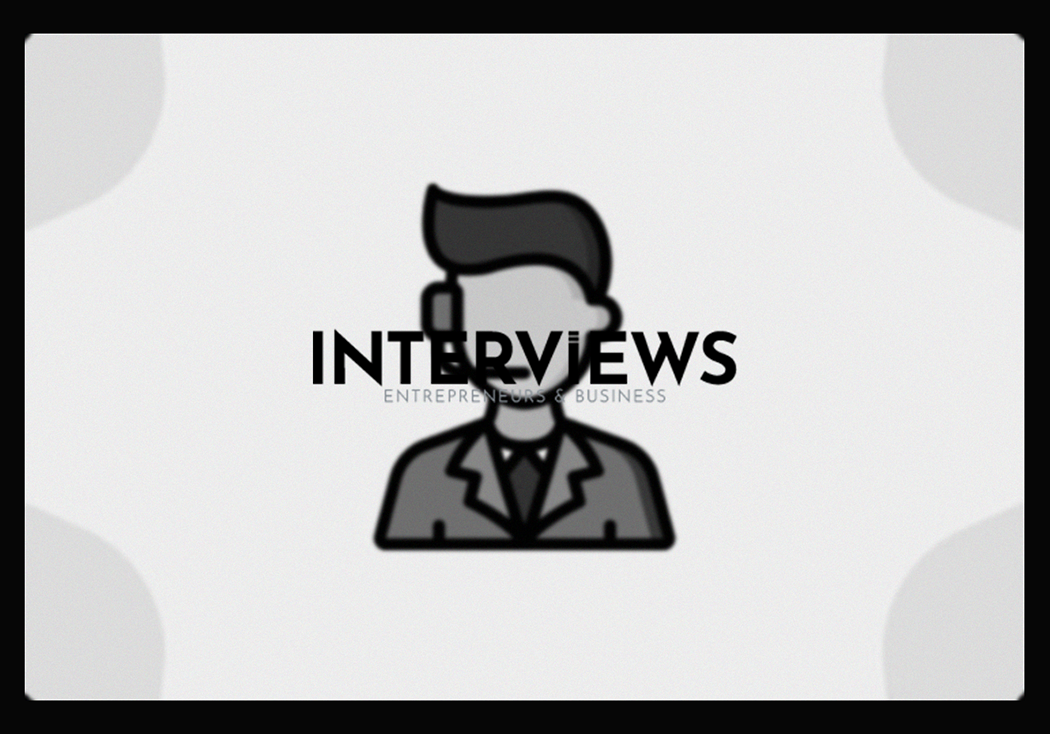Crack the Code to Becoming a Remote Closing Rockstar
Want to ditch the commute? Closing deals from your couch might be the way. Being a remote closer is hot right now. It’s not just about fast internet and a smile. It’s about skill, effort, and knowing your stuff. Let’s explore how to become a remote closing pro.
Level Up Your Skills: Sharpening Your Closing Arsenal
First, you must have the skills to close deals. Think of it as leveling up in a game. Instead of dragons, you’re converting prospects into clients. No pressure.
- Sales Skills? Duh. Selling software, services, or more needs solid sales skills. This is the bedrock of your remote closing empire.
- Digital Communication: Your Virtual Swiss Army Knife. No smoke signals here. Mastering virtual tools is essential. Video calls, CRM systems, and messaging are critical. Explaining deals over a carrier pigeon? No thanks.
- Closing Techniques: The Art of the Deal, Digitally. Refine your closing techniques for remote work. It’s different from face-to-face interactions, so adapt.
- Active Listening: Ears Wide Open, Even Online. Listen to what your clients say. Pay attention to what they don’t say too. Body language is hard to read on screens. Let your ears do the work.
- Emotional Intelligence: Connect on a Human Level, Through a Screen. Don’t be a robot. Emotional intelligence is vital here. Build rapport with clients. Show you’re not just reading a script.
Education and Experience: Paving Your Path to Remote Closing Glory
Skills are in check, but what about credentials? Here’s what education and experience you need to get your foot in the door.
- Sales Experience: Been There, Closed That. Years of sales can be your golden ticket. Employers seek proof you close deals, not just skills on paper. Experience matters.
- Closing Deal History: Numbers Don’t Lie. A strong track record of closed deals is crucial. Show your successes with numbers. “Closed X deals worth Y” sounds better than “I’m a closer.”
- Formal Education: The Degree Dilemma.
- High School Diploma or GED: The Baseline. You need at least a high school diploma or equivalent.
- Bachelor’s Degree (Preferred): The Extra Mile. While not always mandatory, a bachelor’s degree provides an edge. It shows employers commitment.
- Real Estate Course, Certification, or License: For the Property Pushers. If aiming to close real estate deals, you may need a course or license based on local laws.
- Mortgage Closing Experience: Specifically for Mortgage Mavens. Want to close mortgage deals? You’ll likely need at least 3 years of current mortgage closing experience.
Networking and Job Opportunities: Finding Your Remote Closing Tribe
You’re skilled and educated. Now how do you find remote closing jobs? Networking and smart searching are your best weapons.
- Build a Professional Network: Your Digital Rolodex. Networking isn’t just for stuffy events. Build a strong professional network online. LinkedIn is key.
- Seek Remote Closing Opportunities: The Hunt Begins. Actively search for remote closing jobs. Use job boards, company sites, and LinkedIn. Be specific in your terms—“remote closer,” “virtual closer.”
- Online Presence: Brand You, Online Edition. Develop a solid online brand. Keep your LinkedIn profile polished. If serious about standing out, consider a personal website.
- Remote Work Communities: Where the Remote Jobs Roam. Join online communities focused on remote work. Reddit and Facebook groups can be full of job leads.
- LinkedIn Engagement: Don’t Just Lurk, Engage. Don’t just exist on LinkedIn, use it actively. Connect with industry peers and engage in conversations.
Financial Aspects: Show Me the Money (Remotely!)
Now let’s discuss how much you can earn as a remote closer. Spoiler alert: it can be lucrative.
- Commission-Based Earnings: Performance Pays. Many remote closers work on commission. You earn based on revenue you generate, typically around 10%.
- Salary Ranges: The Numbers Game.
- Location Matters. Salary may vary based on location even for remote roles. Research the higher pay scales in some regions.
- Hourly Rates: The Base Camp. Hourly rates range from $12 to $28, but commission is often where real earnings are found.
- Potential for High Income: Closing Big, Earning Big. Remote closers can potentially earn big as they close significant deals worth thousands or millions.
Remote Closing Process: Digital Deal-Making in Action
So how does remote closing actually work? Let’s look behind the digital curtain.
- Digital Document Handling: E-Signatures to the Rescue. E-signatures replace piles of paper. Parties sign documents electronically using platforms like DocuSign.
- Virtual Identity Verification: Are You Who You Say You Are? Identity verification also moves online. Secure methods like video conferencing are common.
- Communication and Collaboration: Staying Connected, Digitally. Communication happens through online channels like video conferencing and secure messaging platforms.
- Legal Compliance: Don’t Forget the Legal Eagle. Remote closings must follow state and federal laws regarding signatures and notarization.
Remote Selling Tips: Pro-Tips for Closing From Afar
Want to elevate your closing game? Here are some valuable tips.
- Plan Ahead: Preparation is Key, Always. Schedule meetings in advance and have clear agendas.
- Personalize Interactions: Make it About Them. Avoid generic pitches; tailor your approach to show client understanding.
- Time Zones: The Global Glitch. Be aware of time zones for calls. Respect your client’s schedule no matter where they are located.
- Record Meetings: Your Digital Memory. Recording meetings (with permission) helps you review details later and improve pitches.
- Track Interactions: CRM is Your Co-Pilot. Track customer interactions using a CRM system. Stay organized and follow up effectively.
- Leverage Technology: Tech is Your Tool, Use it Wisely. Embrace technology like video conferencing and screen sharing for effective communication.
- Test and Monitor Tech: Tech Gremlins Beware. Test equipment before meetings to avoid glitches with your camera or mic as these can distract clients.
- Minimize Distractions: Your Home Office, Your Fortress of Focus. Find a quiet space to reduce distractions while working from home.
- workspace. Turn off notifications. Tell the cat to nap. Focus is your superpower.
Additional Skills/Qualities: Beyond the Basics
What else makes a killer remote closer? Besides skills and tech knowledge, certain qualities set you apart.
- Excellent Negotiator: The Art of the Win-Win. You must negotiate well. Closing deals needs compromise and finding win-win outcomes. Don’t over-compromise, but avoid being aggressive.
- Strong Communication Skills: Words are Your Weapon. Communication skills matter. Clear, concise, persuasive communication is essential. Master digital conversations.
- Interpersonal Skills: People Skills Still Matter, Even Remotely. Do not overlook interpersonal skills. Build rapport and trust, even virtually. People buy from those they like and trust.
- Strong Organization: Stay on Top of Your Game. Organization is essential. Remote work requires self-discipline. Manage time, leads, and tasks effectively. Avoid chaos in your digital workspace.
Challenges: Reality Check Time
Let’s be honest, remote closing isn’t all smooth sailing. There are challenges.
- High Competition: Crowded Digital Space. Competition for remote positions is tough. Everyone wants to work from home in pajamas. You need to stand out.
- Communication Barriers: Lost in Digital Translation? Building rapport remotely is harder. You miss non-verbal cues and nuances from face-to-face interaction. Work harder to build connections.
- Remote Jobs Declining? The Shifting Sands of Remote Work. Yes, remote job postings have declined from pandemic peaks. Listings are fewer than before, yet paradoxically, they *still* gain numerous applications. It remains competitive.
Title Closer and Mortgage Loan Closer: Specialized Roles
In remote closing, specialized areas exist like title closing and mortgage loan closing. Let’s cover those briefly.
- Title Closer: The Property Paperwork Pro. Requirements for title closers vary by state. Some require licenses; others require experience. Business administration or law courses help. Know your state’s rules and get qualifications.
- Mortgage Loan Closer: Master of Mortgages, Remotely. Mortgage loan closers need three years of current mortgage closing experience, a high school diploma, and proficiency in office software (Word, Excel, Outlook). Strong communication skills matter. Be prepared for 40-hour weeks and overtime. It’s demanding but rewarding.
How to Stand Out and Get Hired: Your Secret Weapon Toolkit
Landing a remote closing job requires more than skills. You must shine. Here’s how to get hired:
Craft a Killer Cover Letter: Don’t ignore the cover letter. Personalize it, show enthusiasm, and explain why you fit this role and company. Generic cover letters lack impact.
Keep Your Resume Concise: Avoid lengthy resumes. Keep it concise, focused, and easy to read. Highlight relevant experience and achievements. Less is often more.
Emphasize Unique Traits: What sets you apart? Highlight unique skills and experiences. Differentiate yourself from the applicant pool. Showcase individuality.
Back Up Experience with Hard Data: Don’t just say you excel at closing; prove it with data. Quantify achievements. “Increased sales by X%,” “Closed Y deals worth Z amount.” Numbers speak.
Leverage the Job Description: Read the job description closely. Tailor your resume and cover letter to match specific requirements and keywords. Demonstrate that you are what they seek.
Research the Company Extensively: Do thorough research. Understand the company’s mission, values, and products/services. Show interest in them, not just the job.
Triple-Check Spelling and Grammar: Typos can ruin your chances. Proofread everything. Check your resume, cover letter, and all communication. Attention to detail matters in remote work.
Show Willingness to Grow and Learn: Express eagerness to learn. The digital landscape changes constantly. Employers want adaptable candidates. Show you embrace challenges and seek knowledge in the evolving remote work environment.
Now, you have the roadmap to become a remote closing star. Skills, strategy, and smarts matter. Who wouldn’t want to close deals from home? So go after it virtually. For insights, check resources like Indeed’s guide on remote closers, Break Into Tech Sales’ overview of remote closers, and Supernormal’s tips on successful remote closers. Good luck and happy closing!





